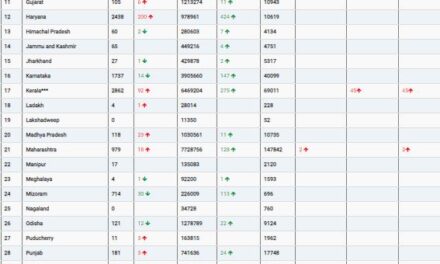A new international study has revealed that purchasing loot boxes in video games is associated with real-world gambling, video game addiction, and mental health issues such as anxiety and depression. The research, published in Computers in Human Behavior, surveyed over 1,400 adults who regularly gamble and play online video games, providing fresh insights into the controversial practice of loot box purchasing.
Loot boxes are virtual items offered in video games that provide players with randomized rewards, including weapons, cosmetics, or “skins.” The study was conducted in collaboration with Flinders University, Nottingham Trent University, the University of Gibraltar, and ELTE Eötvös Loránd University in Hungary.
Key Findings
The study found that individuals who frequently purchase loot boxes exhibit similar mental health risk factors as those with behavioral addictions. Anxiety and impulsivity were found to strengthen the relationship between risky loot box purchases and gambling symptoms, while depression had mixed effects.
“Overall, the results suggest that, at least to some extent, loot box buying shares similar mental health risk factors with other behavioral addictions,” said Professor Zsolt Demetrovics, co-author of the study.
Experts have long debated whether loot boxes should be regulated under existing gambling laws. Since players spend real-world money on randomized rewards that may or may not be valuable, many researchers argue that this practice resembles traditional gambling.
Mental Health Implications
Professor Mark Griffiths, director of the International Gaming Research Unit at Nottingham Trent University, emphasized the study’s relevance to clinical practice and policy implementation. “The data shows a clear relationship between depression and anxiety, found both as a precursor or as an outcome of gambling severity. This may also apply to loot box buying, as anxiety and depression were both associated with riskier purchasing behavior,” he explained.
The study also revealed that 96% of participants had purchased loot boxes within the past 12 months, with 41% making purchases more than once a week and 12.9% four or more times a week. These statistics highlight the prevalence of loot box engagement among regular gamers.
Calls for Regulation
Cristina Villalba-Garcia, a researcher at the University of Gibraltar, noted that while these findings should be interpreted with caution, further investigation into loot box behaviors is necessary. “Understanding the effects of loot box purchases on mental health is critical, particularly for vulnerable individuals and at-risk users,” she said.
Professor Demetrovics and international colleagues also highlighted broader concerns about behavioral addictions, including gambling disorder, internet gaming disorder, compulsive shopping, and problematic social media use. They warned that the increasing accessibility of the internet and smartphones has fueled such addictive behaviors, which can negatively impact mental health treatment outcomes.
Conclusion
With growing evidence linking loot box purchases to gambling-like behaviors and mental health concerns, researchers are urging policymakers to consider stricter regulations to protect consumers. Further research is needed to better understand the long-term effects of loot box engagement and its potential risks.
Disclaimer: This article is based on scientific research and expert opinions. It does not constitute medical or psychological advice. Individuals experiencing gambling or gaming-related distress are encouraged to seek professional support.











